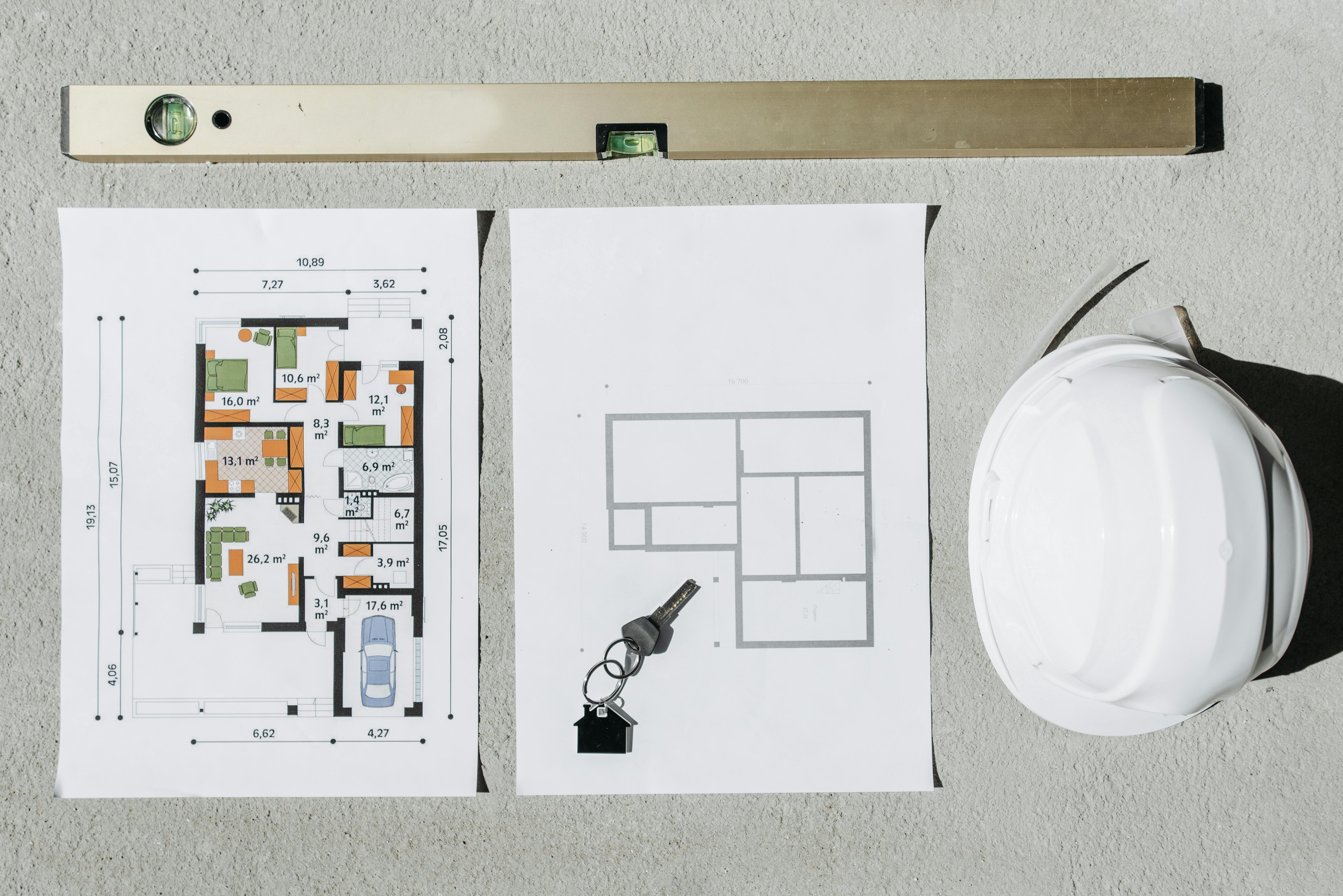
Renovation Project Management Best Practices
3/27/2025
Successfully navigating a 203k renovation requires more than just vision; it demands meticulous planning, clear communication, and diligent project management. Treating your renovation like a professional project, even if you're a first-time renovator, will significantly increase your chances of staying on budget, meeting deadlines, and achieving your desired outcome. By implementing these best practices, you can minimize stress, avoid costly mistakes, and transform your renovation dream into a reality. From setting realistic expectations to maintaining open communication, these strategies will empower you to take control of your project and guide it to a successful completion.

- Develop a Detailed Scope of Work: A comprehensive scope of work is the foundation of any successful renovation. It outlines every aspect of the project, from demolition to finishing touches, including specific materials, dimensions, and quantities. A well-defined scope of work minimizes misunderstandings with your contractor and helps prevent scope creep.
- Establish a Realistic Budget and Stick to It: Create a detailed budget that includes all anticipated costs, such as materials, labor, permits, and inspections. Don't forget to include a contingency fund (10-20% of the total budget) to cover unexpected expenses. Track your spending diligently and make adjustments as needed to stay within budget.
- Create a Detailed Timeline: Develop a realistic timeline for your renovation project, outlining the duration of each phase. Be prepared for potential delays and build in some buffer time. Regularly review the timeline with your contractor to ensure the project stays on track.
- Hire Qualified Professionals: Choosing the right team is crucial. Research and interview contractors, architects, and designers. Check licenses, insurance, and references. A qualified and experienced team can help you navigate the complexities of the renovation process.
- Maintain Open Communication: Effective communication is essential. Regularly communicate with your contractor, designer, and other professionals involved in your project. Regular meetings, phone calls, and email updates can help prevent misunderstandings and ensure everyone is on the same page.
- Document Everything: Keep detailed records of all communications, contracts, invoices, and change orders. This documentation can be invaluable in the event of a dispute or if questions arise later in the project.
- Regular Site Visits: Visit the job site regularly to check on the progress of the work and address any concerns that may arise. This allows you to catch potential problems early on and ensure the work is being done according to your specifications.
- Manage Change Orders Carefully: Changes to the original scope of work are common, but they can impact both the timeline and the budget. Establish a clear process for change orders. All changes should be documented in writing, agreed upon by all parties, and factored into the budget before work begins.
- Be Flexible and Patient: Renovation projects often encounter unexpected issues and delays. Be prepared to be flexible and patient. Maintain a positive attitude and work collaboratively with your team to overcome any challenges that may arise.
- Final Walk-Through and Punch List: Before the project is considered complete, conduct a final walk-through with your contractor to identify any remaining issues. Create a punch list of items that need to be addressed before final payment is released.
By following these best practices, you can effectively manage your 203k renovation project and increase your chances of a successful outcome. Remember, careful planning, open communication, and a proactive approach are key to achieving your renovation goals.
